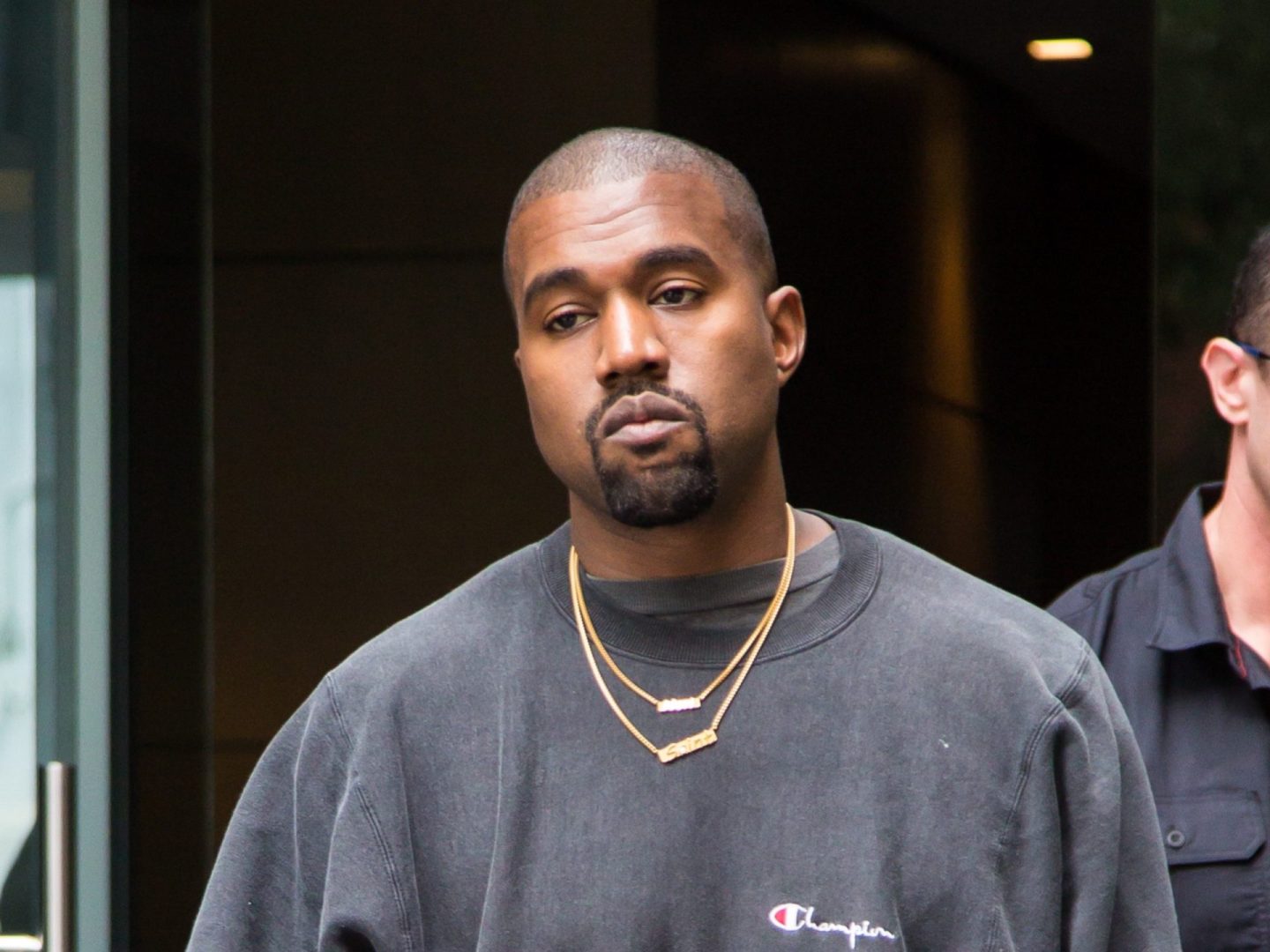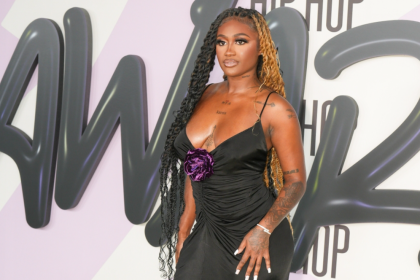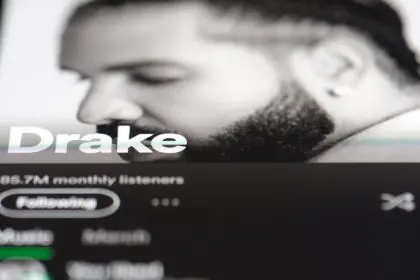Kanye West’s 2020 call for collaboration among hip-hop’s biggest names resurfaced recently, highlighting his early vision for industry transformation. The artist, known for challenging music industry norms, advocated for bringing Drake, Kendrick Lamar and J. Cole together to create a unified front against traditional label structures.
West articulated this vision through social media, emphasizing the need for artists to work together rather than compete. He specifically called for Drake, Lamar and Cole to meet, suggesting their combined influence could reshape industry power dynamics.
His perspective stemmed from personal experiences with major labels. West consistently voiced concerns about creative control and artist autonomy throughout his career, viewing collaboration as a path to greater independence from corporate structures.
West’s comments about Drake’s relationship with Universal Music Group (UMG) exemplified these concerns. He characterized Drake’s position with the label as restrictive, despite its financial benefits, highlighting the complex relationship between commercial success and artistic freedom.
The proposal for unity carried broader implications for hip-hop culture. West envisioned a scenario where leading artists could leverage collective influence to challenge industry norms and create new opportunities for creative expression.
West’s advocacy for collaboration over competition reflected his understanding of hip-hop’s potential for collective empowerment. His call for unity represented a departure from traditional industry dynamics that often pit artists against each other for market share and cultural influence.
This vision for collaboration suggested possibilities for transforming artist-label relationships. West’s experience navigating major label systems informed his perspective on the importance of artists maintaining control over their creative output and business interests.
The conversation around West’s unity proposal continues to resonate as artists navigate relationships with traditional music industry structures. His early recognition of collaboration’s potential power remains relevant to ongoing discussions about artist autonomy and industry reform.
West’s message emphasized the strength possible through unified action rather than individual achievement. This perspective challenged prevailing industry practices that often emphasize competition and individual success over collective advancement.
As hip-hop continues evolving, West’s 2020 call for unity offers a framework for considering alternative approaches to artist collaboration and industry engagement. His vision highlighted possibilities for transforming traditional power structures through collective action and shared purpose.












